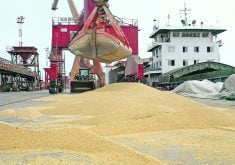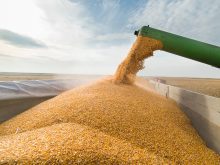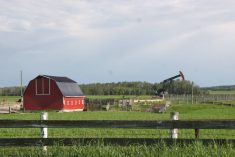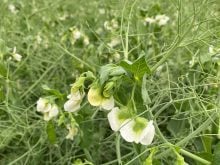Farmer members of Agricore have less than one month in which to decide whether to allow their company to merge with United Grain Growers.
The details of the proposed merger, which would create a company that would not be a co-operative but would still have majority farmer control, will be explained to farmer members of Agricore at meetings throughout August. A vote on the merger will be held in Calgary Aug. 30. Farmers unable to attend will be able to mail in a proxy vote. Information packages will be sent to farmers in a few days.
Read Also
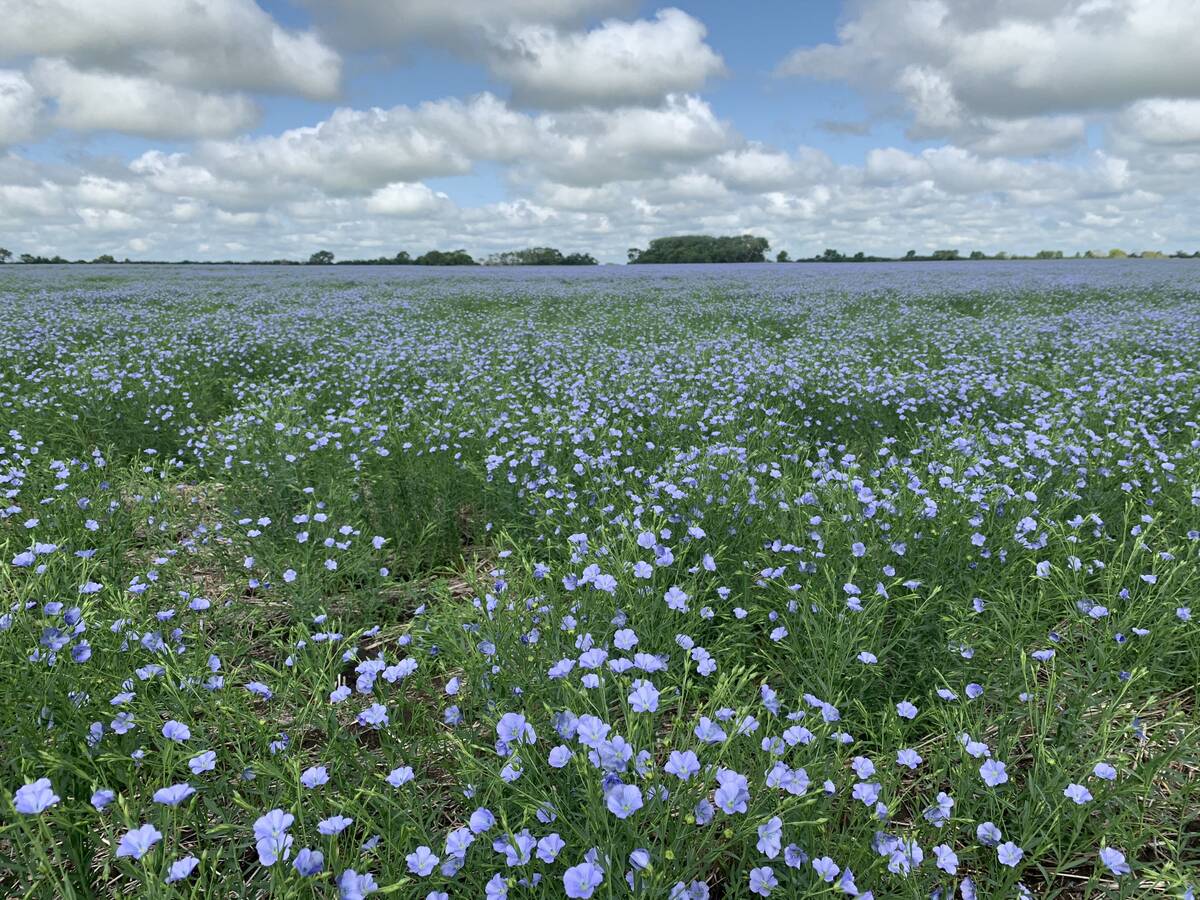
Flax sector sees omega-3 opportunity
SASKATOON — A global shortage of omega-3 oils could be an opportunity for the flax sector, says an industry official….
If approved, the new company, to be called Agricore United, will be by far the biggest grain handler and farm input supplier in Western Canada.
Members of the Agricore and UGG boards of directors have unanimously approved the merger and spoke enthusiastically about it at a July 30 news conference in Winnipeg.
“I am excited by this,” said UGG president Ted Allen. “This represents a quantum leap. It’s a visionary move.”
Agricore board chair Neil Silver said “this is too good to turn down.”
Promoters say the merger will give the new company lower operating costs and access to each other’s specialized products and services.
If approved, the merger will give Agricore members 55 percent of the new company’s shares. UGG will get 45 percent, including 19 percent that Archer Daniels Midland will receive for its present 42 percent stake in UGG. ADM has the right to increase its stake to 25 percent shortly after approval of the merger.
ADM is giving up its 50 percent control of the grain operations committee that manages UGG’s grain handling system. It will have a smaller role on a weaker committee.
Agricore is a substantially larger company than UGG. Agricore’s estimated gross revenues for the financial year ending July 31, 2001 are $3.1 billion, compared to $1.8 billion for UGG. Agricore handles approximately eight million tonnes of grain per year, compared to about five million for UGG.
But Agricore also carries a far higher debt load at $610 million, compared to UGG’s $150 million.
The new company would handle 12 million tonnes of grain compared to eight million for Saskatchewan Wheat Pool, now Canada’s biggest grain handler.
However, the merged company’s presence in Saskatchewan, the biggest grain producing province, will still be far behind Sask Pool’s.
The value of the shares of the merged company would be about $450 million, based on the July 27 UGG share price.
Agricore and UGG officials believe they can squeeze $50 million in savings by amalgamating the company.
Agricore’s board of directors believes it can benefit from UGG’s seed and livestock businesses as well as its customer connections. UGG’s board believes it will benefit by having access to Agricore’s west coast terminal operations.
Brian Hayward will be the new chief executive officer of the new company. Gord Cummings, CEO of Agricore, will retire after a transition period.
The company will follow UGG’s governance structure, with 12 members of the board of directors elected by farmers and three appointed by shareholders. ADM will have the right to nominate two of the three non-farmer directors.
Four farmer directors will be elected each year.
The shares will be listed on the Toronto Stock Exchange and be publicly traded.
In August, an interim board of directors will be appointed, said Cummings. Six of UGG’s 12 farmer directors will resign, to be replaced by six members of Agricore’s board of directors. The three current non-farmer directors will remain.
To be approved, two-thirds of Agricore members must vote in favour of the merger proposal. That includes all members, not just delegates.
In 1997, Alberta Wheat Pool and Manitoba Pool elevators launched a hostile takeover bid for UGG. UGG responded violently and found a white knight in ADM. The two pools then merged to form Agricore.
“Two or three years from now we’re not going to talk about who was in Agricore and who was in UGG,” said Cummings.
“The vast majority of members of UGG are also members of Agricore. Many of these are the same people.”
Many have considered UGG and the companies that formed Agricore to be on opposite sides of the political fence.
Allen said the farmers in UGG and in the pools followed different political paths after the 1920s, but this merger could bring prairie farmers closer to the way they were before the schism, when they supported each other.
“What I see here, in a way, is a coming full circle back to the genesis and origins of our companies,” said Allen.





